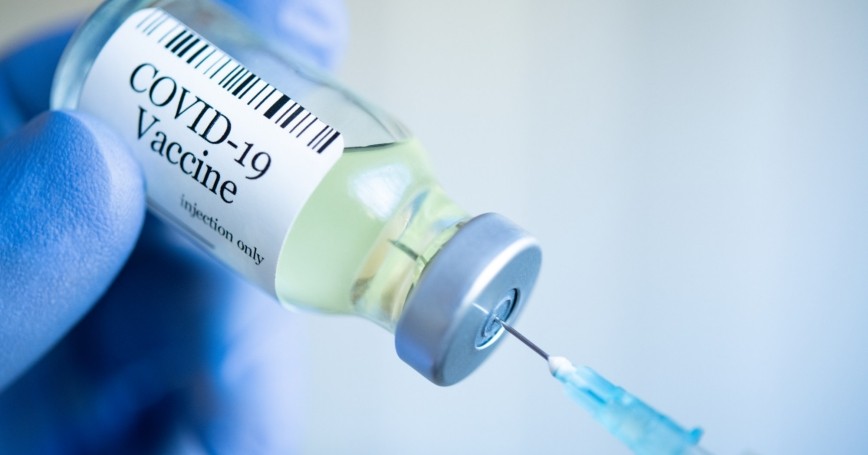With the UK giving the green light to the COVID-19 vaccine developed by Oxford University and drugmaker AstraZeneca, India is also expected to follow suit soon as a meeting of the decision-making body began on Friday, giving new hope of beginning the end of the pandemic as the New Year ushers in.
The authorisation in the UK recommended two doses administered with an interval of between four and 12 weeks.
This regimen was shown in clinical trials to be safe and effective at preventing symptomatic COVID-19, with no severe cases and no hospitalisations more than 14 days after the second dose, according to AstraZeneca.
Now known as COVID-19 Vaccine AstraZeneca, it was formerly called AZD1222.
AZD1222 was co-invented by the University of Oxford and its spin-out company, Vaccitech. It uses a replication-deficient chimpanzee viral vector based on a weakened version of a common cold virus (adenovirus) that causes infections in chimpanzees and contains the genetic material of the SARS-CoV-2 virus spike protein.
After vaccination, the surface spike protein is produced, priming the immune system to attack the SARS-CoV-2 virus if it later infects the body.
As announced on November 23, the primary efficacy endpoint based on a pooled analysis showed that the vaccine was 70.4 per cent effective at preventing symptomatic COVID-19 occurring more than 14 days after receiving two doses of the vaccine.
A secondary efficacy endpoint of prevention of severe disease demonstrated no cases of severe infections or hospitalisations in the vaccine group.
In addition to the programme led by Oxford University, AstraZeneca is conducting a large trial in the US and globally.
Serum Institute of India (SII), the world’s largest vaccine manufacturer by volume, is manufacturing a version of the Oxford-AstraZeneca COVID-19 vaccine “Covishield” in India.
Prime Minister Narendra Modi visited the Pune-based company on November 28 to review vaccine development.
The company this week said that it has a stockpile 40-50 million doses of its COVID-19 vaccine.
India is likely to receive majority of these 50 million doses.
“We have 40-50 million doses of Covishield stockpiled. Once we get regulatory approvals in a few days, it will be down to the government to decide how much they can take and how fast. We will be producing around 300 million doses by July 2021,” Serum Institute CEO Adar Poonawalla recently said in a press conference.
The company applied for emergency authorisation of the vaccine in India in December.
It is expected that this vaccine will play a major role in India’s plan to vaccinate its population against COVID-19 due to several factors including low-cost, ease of storage and transport.
IANS
